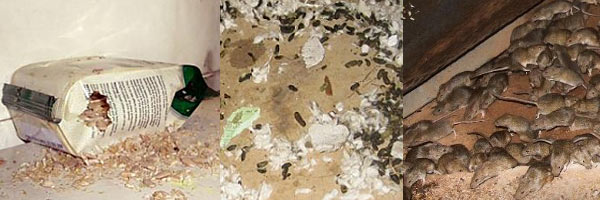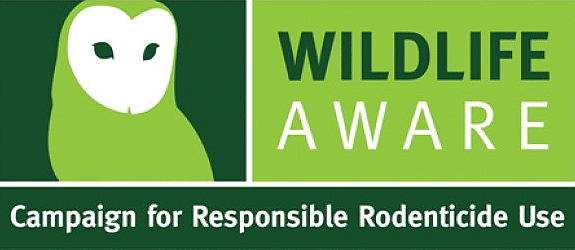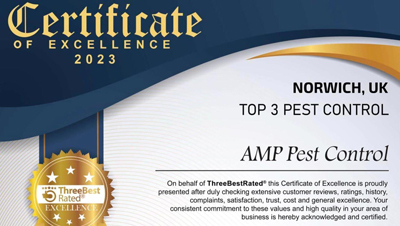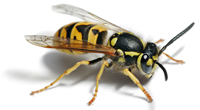Mice

Despite their small size, for many people the mouse is a terrifying creature and perhaps partly fuelled by their fast and unpredictable movements. In fact there are four species of mouse living wild in the UK – the House Mouse, the Wood Mouse (also called the Field Mouse or Long Tailed Field Mouse), Yellow Necked Mouse (which are quite similar to the Wood Mouse) and the Harvest Mouse.
The two species that are a house and garden pest are the House Mouse and the Wood Mouse. House Mice are almost entirely dependant on human habitation to survive, whereas Wood Mice live in the countryside (e.g. in hedgerows) as well as houses, sheds and garages etc.
House Mouse
The adult House Mouse is small and slender – about 3-5cm long (excluding the tail). It has quite large ears, a pointed nose and small eyes. The tail is as long as the head and body combined. Its fur is usually a light grey or brown.
Wood Mouse
The Wood Mouse is slightly larger than the House Mouse, and the best way to tell them apart is by the eyes and ears which are much larger on the Wood Mouse than on its cousin.
Why it is a pest
The average mouse sheds 70 droppings in 24 hours and urinates frequently to mark its territory.
They will happily make their homes...
- Inside the insulation of walls or ceilings
- In or behind cupboards, counters and bathtubs
- Near the boiler
- In basements or attics where things like cardboard and cloth are stored
- Mice will eat almost anything not sealed in an air-tight container
Mice may carry parasites and diseases that are harmful to humans and animals, including Salmonella and Listeria.
Another significant problem is the structural damage mice can cause from their gnawing and burrowing activities. This ranges from minor holes in walls/doors/furniture/cupboards to structural collapse, flooding, electrical faults and fire (due to gnawing through cables).
Biology of the Pest
Mice measure about eight centimetres in length (excluding the tail) and have an average weight of 12–22 grams. Their fur is brown/grey, with slightly lighter shading on their underside.
Mice become sexually mature in eight to ten weeks and a pair may produce eight litters each of 16 young, in a year. Multiply those and you arrive at a horrifying number of mice!
Signs of Pest Presence
- Droppings (typically around five millimetres long) found near food sources
- Scratching noises
- Evidence of gnawing
- Burrows or nests
- You may also notice a strong musky odour
Removal Methods
There are several extermination and humane options to choose from. We can advise you on each one and carry out the removal method of your choice.
Whether you need help with a one-off pest removal, or are looking for regular service visits to minimise the possibility of a pest infestation causing impact on your business...
Call us on 07939964443
Prevention is better than Cure - Working with the Environment










